International
North Korea amends its constitution and defines the South as a “hostile state”
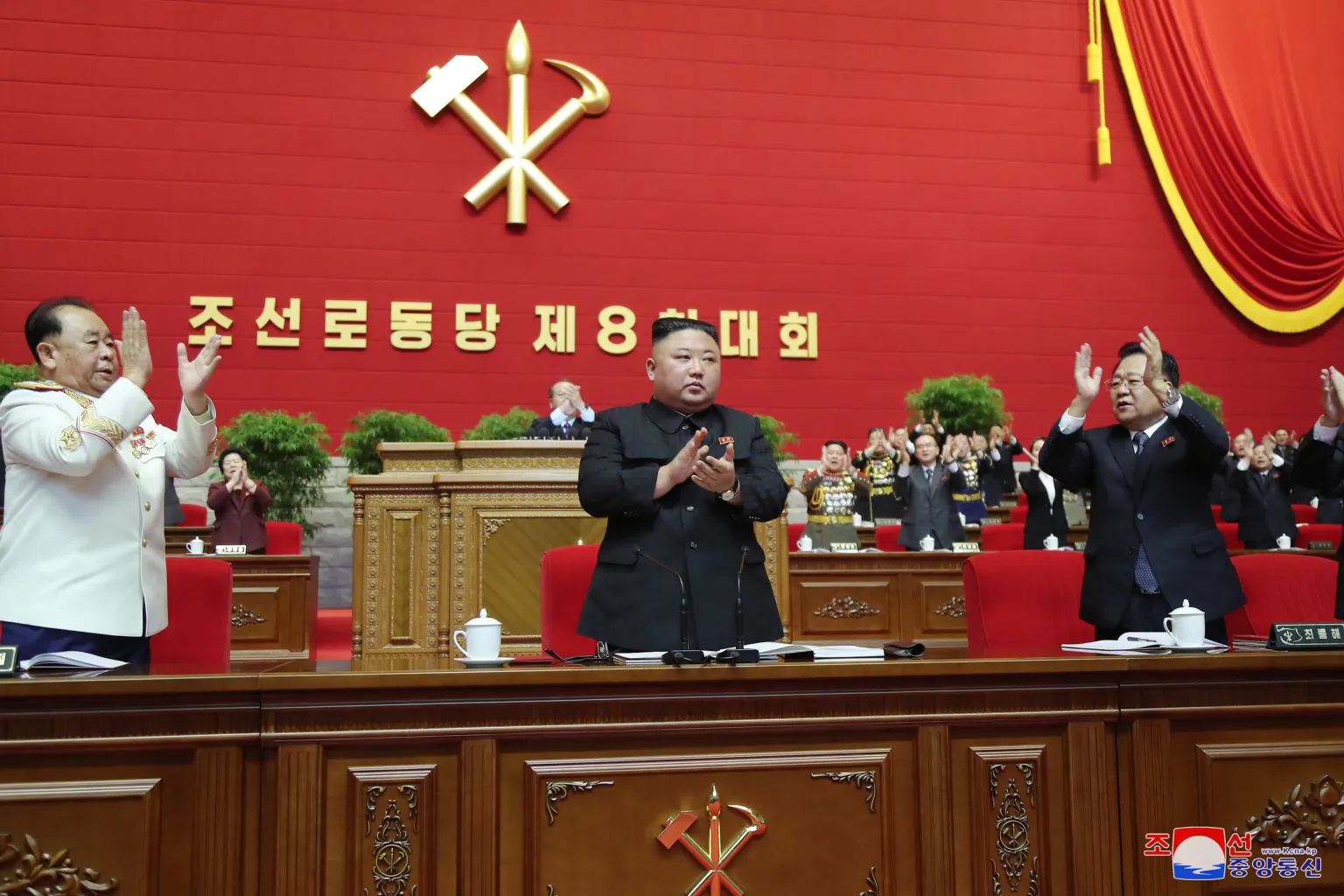
North Korea confirmed some details about its recent constitutional amendment, where it has defined the South as a “hostile state”, in the first modification of its magna carta that eliminates references to a possible reunification.
“This is an inevitable and legitimate measure, in which South Korea is clearly defined as a hostile state, and it is due to the serious security circumstances that lead to the brink of war by the political and military provocations of hostile forces,” the North Korean state agency KCNA published today.
Changes in North Korea
Last week, North Korea concluded an important parliamentary session in which it was planned to amend its Constitution, but did not reveal any details about the changes then, although it did say that the vote had been held unanimously.
It was already expected that in this amendment references to reunification with the South would be removed and national borders would be redefined, as the country’s leader, Kim Jong-un, had ordered.
Kim urged to reflect that the South – with which relations have been non-existent in the last five years – is the main national enemy, to eliminate clauses related to reunification and to clarify what the territorial limits of the country are, including the disputed western maritime border.
Zero dialogues with the South
Experts believe that Kim’s desire to discard dialogue, formalize the existence of two clearly differentiated states in the peninsula and unilaterally define the northern borders can further worsen the terrible atmosphere that is breathed in the region.
Pyongyang’s constitutional amendment comes in a context of renewed resurgence of tensions with Seoul, after the latter’s Army fired shots south of the border with the North on Tuesday in response to the detonations used by the latter to destroy sections of roads in its territory that connect both countries.
The detonations occurred in northern sections of the Gyeongui and Donghae corridors and after Pyongyang announced last week that it was going to cut all transport routes to the neighboring country.
International
Death toll from southern Spain train crash rises to 40
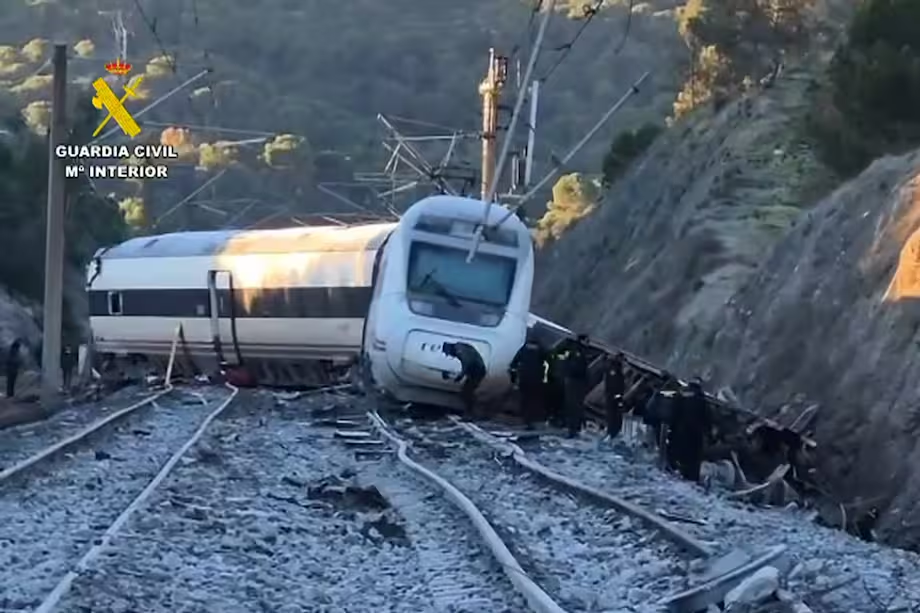
The death toll from the train accident that occurred on Sunday in southern Spain has risen to 40, according to investigative sources cited by EFE on Monday afternoon.
Since early Monday, search operations have focused on the damaged carriages of a Renfe train bound for Huelva, which collided with the last derailed cars of an Iryo train traveling from Málaga to Madrid after it left the tracks.
The crash has also left more than 150 people injured. Of these, 41 remain hospitalized, including 12 in intensive care units at hospitals across the Andalusia region.
More than 220 Civil Guard officers are working at the site, searching the railway line and surrounding areas for key evidence to help identify victims and determine the causes of the accident.
The tragedy has revived memories of the deadliest railway disasters in Europe in recent decades. In Spain, the most severe occurred on July 24, 2013, when an Alvia train derailed near Santiago de Compostela, killing 80 people and injuring 130 others.
At the European level, the worst rail disaster took place on June 3, 1998, in Eschede, northern Germany, when a high-speed train struck a bridge pillar at 200 kilometers per hour, resulting in 98 deaths and 120 injuries.
International
Spain’s Prime Minister pledges transparency after train crash kills at least 39
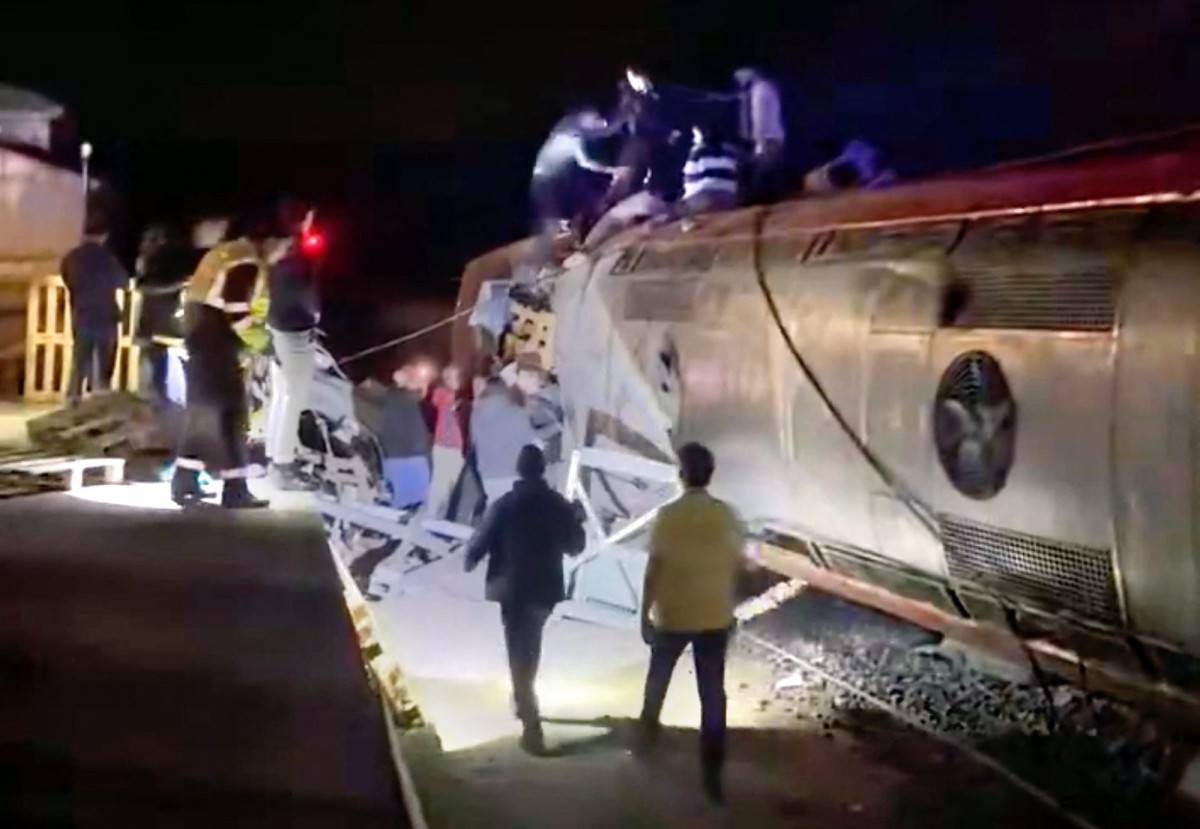
Spanish Prime Minister Pedro Sánchez pledged on Monday to ensure “absolute transparency” regarding the causes of a train crash that killed at least 39 people on Sunday in southern Spain, warning that the death toll could still rise.
The fatal accident occurred in the Andalusia region, where the number of confirmed deaths reached 39 by Monday morning, according to a spokesperson for the Ministry of the Interior.
Authorities were preparing to deploy heavy machinery to lift several derailed train cars. “We are waiting for cranes to be installed this morning to lift cars one, two and three of the Alvia train, which suffered the most damage,” said Andalusian regional president Juanma Moreno Bonilla on regional television. “It is likely that once they are lifted, we may find more victims,” he added.
The disaster also left more than 120 people injured. As of Monday afternoon, 43 victims remained hospitalized, including 12 in intensive care, according to emergency services.
International
Over 160 christian worshippers kidnapped in Kaduna Church attacks

More than 160 Christian worshippers were abducted on Sunday during coordinated attacks carried out by armed gangs on two churches in a remote village in Kaduna State, northern Nigeria, according to a cleric and a United Nations report accessed by AFP on Monday.
Nigeria, Africa’s most populous nation, has witnessed a renewed surge in mass kidnappings since November, prompting the United States government to carry out military strikes on Christmas Day in the northwestern state of Sokoto.
U.S. President Donald Trump accused Nigerian armed groups of targeting Christians, describing the violence as a form of “genocide” against the religious community.
According to Reverend Joseph Hayab, president of the Christian Association of Nigeria in the north, the attackers arrived in large numbers, blocked access to the churches, and forced worshippers to flee into nearby forests.
“The attackers came in large numbers, sealed off the entrances to the churches, and drove the faithful into the bush,” Hayab told AFP.
-

 International3 days ago
International3 days agoU.S. deportation flight returns venezuelans to Caracas after Maduro’s ouster
-

 International5 days ago
International5 days agoUkraine declares nationwide energy emergency amid russian attacks and extreme cold
-

 International5 days ago
International5 days agoX moves to block Grok from creating sexualized images of real people amid legal scrutiny
-

 International5 days ago
International5 days agoIran closes airspace amid U.S. threats and deadly nationwide protests
-

 International5 days ago
International5 days agoHillary Clinton skips Epstein inquiry as house panel threatens contempt charges
-

 International5 days ago
International5 days agoFrance joins Denmark’s ‘Operation Arctic Resistance’ in Greenland amid U.S. tensions
-

 Central America1 day ago
Central America1 day agoGuatemala prison uprisings leave 46 guards held by gangs
-

 International5 days ago
International5 days agoU.S.–Denmark tensions escalate as Trump pushes NATO to back U.S. claim on Greenland
-

 International5 days ago
International5 days agoUK Intelligence estimates russian casualties in Ukraine at over 1.2 million
-
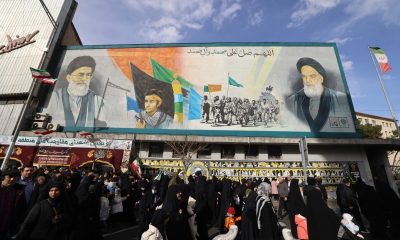
 International3 days ago
International3 days agoCanada accuses Iran of killing its citizen during anti-government unrest
-

 International8 hours ago
International8 hours agoDeath toll from southern Spain train crash rises to 40
-
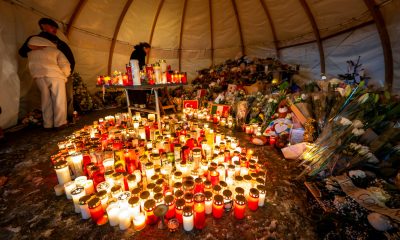
 International5 days ago
International5 days agoSwiss Canton of Valais Grants Emergency Aid to Victims of Crans-Montana Bar Tragedy
-

 International3 days ago
International3 days agoSheinbaum highlights anti-drug gains after U.S. says challenges remain
-

 Central America8 hours ago
Central America8 hours agoGuatemala raises police death toll to nine after gang violence escalates
-

 International8 hours ago
International8 hours agoOver 160 christian worshippers kidnapped in Kaduna Church attacks
-

 International1 day ago
International1 day agoChile declares state of catastrophe as wildfires rage in Ñuble and Biobío
-

 International3 days ago
International3 days agoFormer South Korean President Yoon sentenced to five years in prison
-

 International8 hours ago
International8 hours agoSpain’s Prime Minister pledges transparency after train crash kills at least 39


























